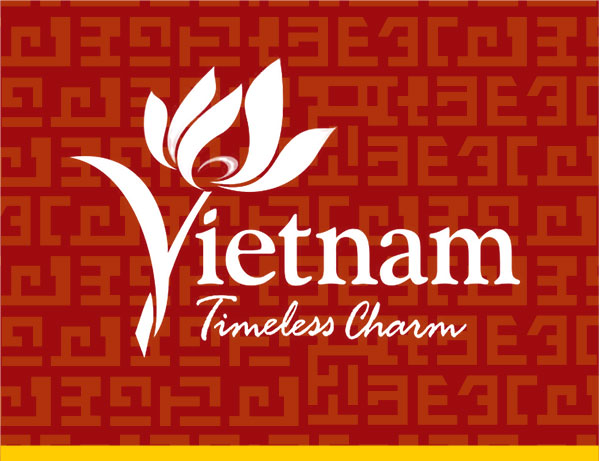Births
Births are a low-key affair in Vietnam. After an explosive baby growth on the end of the battle, families at the moment are penalized if they’ve greater than two children. The need for the policy is broadly recognized, and most couples adhere to it.
Within the cities, babies are normally born in hospital, and the daddy is anticipated to be current throughout the birth. There is no celebration or present-giving, though the daddy might use the occasion as an excuse for a night out with his buddies on the BIA hoi. The new mother and baby haven’t any visitors for 30 days after the start, throughout which time they are taken care of by the family. Being visited by, or visiting, a pregnant or new mom is believed to carry unhealthy luck.
Naming the child
When the baby is three months previous, there is a naming ceremony and a celebration. Unusually, the transition from child to adult is simply marked by official laws – the occasion is in any other case fully ignored. All births are required to be registered. This regulation is usually adhered to in urban areas, but elsewhere, and notably amongst ethnic groups, a significant quantity often go unrecorded.
Marriage
Vietnamese marriages are a way more important event; however the official and the normal sides are separate. The official act of marriage consists solely of signing a form.
The traditional marriage ceremony is, inevitably, a household occasion. The betrothal interval is both transient and nonexistent – the period between the choice to marry and the wedding might be fairly quick and is unrelated to the official procedure. The approval of both families is very important – although the custom of arranged marriages has died out, the event is looked upon as uniting two existing families, and going towards parents’ needs is most unlikely.
One other important issue is choosing the most propitious day, which involves a session with an astrologist. Previous to the occasion, there might be a ritualised alternate of gifts between the households who visit each other’s houses for that purpose. On the day, a banquet shall be held, normally around lunchtime. Each household and its invited friends will sit individually, typically in another room, and the bride and groom will transfer from table to table to greet them and thank them for his or her items and good wishes. Items customarily consist of money in envelopes: the trick is to stability the cost of the wedding with the full of the gifts!
Loss of life
Funerals are additionally a serious event. The demise is introduced, and the funeral gets under means shortly after. An altar is erected with an image of the deceased, and within the north, a trio of musicians is hired to play traditional funeral music for 2 days. Buddhist monks are invited to chant the ritual incantations.
Friends and kinfolk visit to pay their condolences, bringing choices of incense and cash for the family. Members of the family put on white headbands and each of the deceased’s daughters wears a white muslin veil covering most of her body.
After two days, the mourners collect for the funeral procession, arranged in keeping with advanced customs. Historically, the procession walks on foot behind the coffin. Any daughters or daughters-in-legislation stroll immediately behind the catafalque with heads bowed to touch its edge, while the eldest son walks backwards barefoot in front of the deceased. Once the corpse is interred, the tomb remains open for seven days.
Mourning continues for 2 years, with rituals taking place at defined intervals and at a last ceremony. Within the north, the remains are then exhumed and Reburied in a small shrine as their remaining resting place. Each in the north and south, the position of the grave is set by geomancy.
The foregoing relates solely to the Vietnamese ‘Kinh’ majority. Minority ethnic groups have many alternative practices, typically extraordinarily complex.
